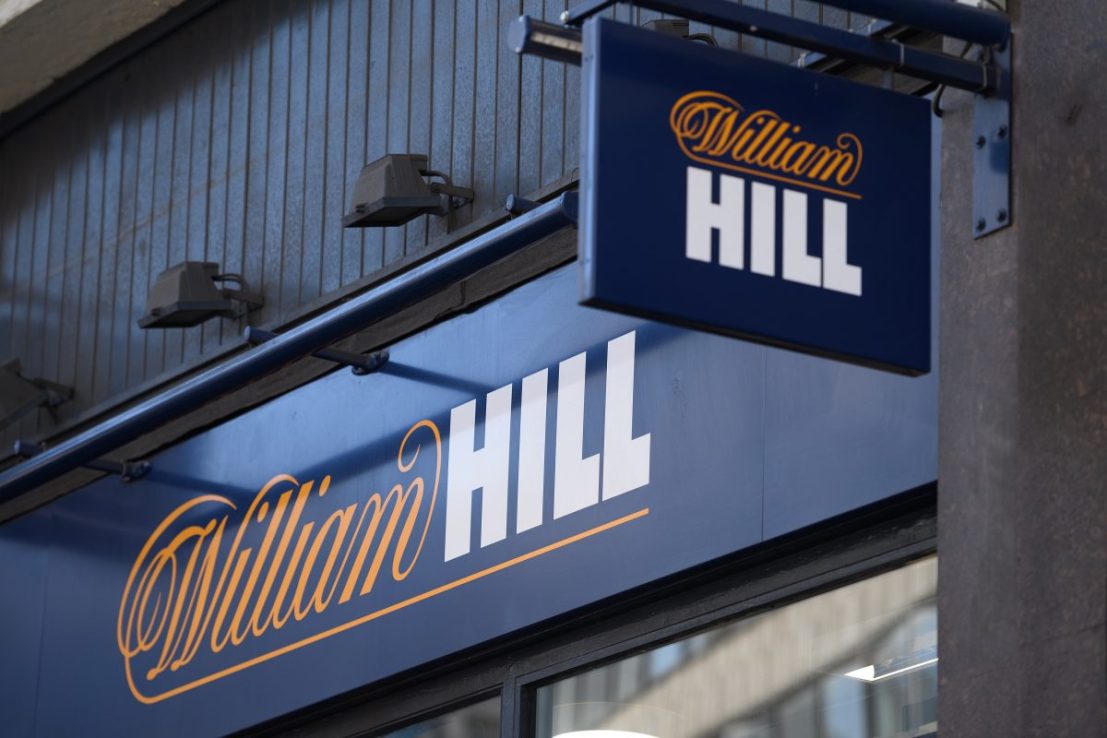
William Hill will shut around 200 of its UK betting shops as parent company Evoke looks to steady its heavily indebted balance sheet ahead of a potential tax raid in next month’s budget.
The move comes as the Competition and Markets Authority (CMA) and Treasury consider tougher rules and levies for the gambling sector, which has already been hit hard by the £2 stake cap on fixed-odds betting terminals (FOBTs).
Evoke, formerly 888 Holdings, confirmed that it is “continuously reviewing and adapting our shop portfolio to ensure it aligns with our long-term strategy for sustainable, profitable growth”.
Sources close to the company told the Times between 120 and 200 shops are expected to close – around one in ten of its 1,300-strong estate – with up to 1,500 jobs at risk.
The review is part of a wider cost-cutting plan as Evoke seeks to reduce its £1.8bn debt pile against a market value of around £210m.
The company posted a £78m pre-tax loss in the first half of 2025, with retail revenues falling by two per cent.
‘Tax hikes would hurt jobs and invesment’
The closures come amid growing speculation that Rachel Reeves will raise gambling taxes in her 26 November budget, following pressure from former prime minister Gordon Brown, who has called the sector ‘undertaxed’.
The Institute for Public Policy Research (IPPR) estimates that increasing the remote gambling duty from 21 per cent to 50 per cent, alongside hikes in betting and gaming machine duties, could raise more than £3bn for the Treasury.
Industry leaders have warned that such moves could have severe consequences for high street bookmakers.
Stella David, chief executive of Entain, which owns Ladbrokes and Coral, said earlier this month that higher taxes could trigger widespread closures and investment cuts.
“Every point of [tax] increase would actually have an impact that certain shops would become unviable” David said. “Having a dislocating increase in tax will have a dislocating impact on the industry”.
She added that the “biggest winner by far from higher gambling taxes would be the black market”, pointing to the Netherlands as an example where tax hikes drove players to unlicensed sites.
‘End of an era’ for the high street bookmaker
William Hill’s decision highlights a deeper shift in Britain’s gambling landscape.
Since the 2019 FOBT stake cut, high street betting has struggled to recover from the loss of what was once its most lucrative product.
At its peak, each machine generated around £52,000 per year – twice the average UK salary – and accounted for a major share of bookmaker profits.
The cap forced thousands of closures, with William Hill shuttering 700 stores shortly after the policy came into force.
Former sports minister Tracey Crouch, who led the reform, has argued that the sector’s contraction was “inevitable”, citing overexpansion during the years of easy profit.
Meanwhile, the rise of online gambling continues to erode the relevance of the high street shop.
The UK Gambling Commission reported that online betting revenues grew from £4.2bn to £5.6bn between 2015 and 2018, while retail takings stagnated.
Diffficult but necessary decisions
A spokesperson for Evoke said the group remained committed to improving its retail performance but had to remain realistic in light of potential tax changes and shifting consumer behaviour.
“As a regulated and licensed UK operator, we are mindful of potential tax increases in the forthcoming budget”, the company said. “As part of our ongoing planning, we are assessing the potential impact of different tax scenarios on our UK operations. This includes the difficult but necessary consideration for further shop closures”.
The firm has said it will seek voluntary redundancies and redeployment where possible.
Industry insiders warn that the consolidation is likely to continue. Analysts at Goodbody Gaming estimate that as many as 3,000 further closures could follow across the sector if higher taxes are introduced.
For the traditional bookmaker, the odds on survival are getting shorter by the day.







